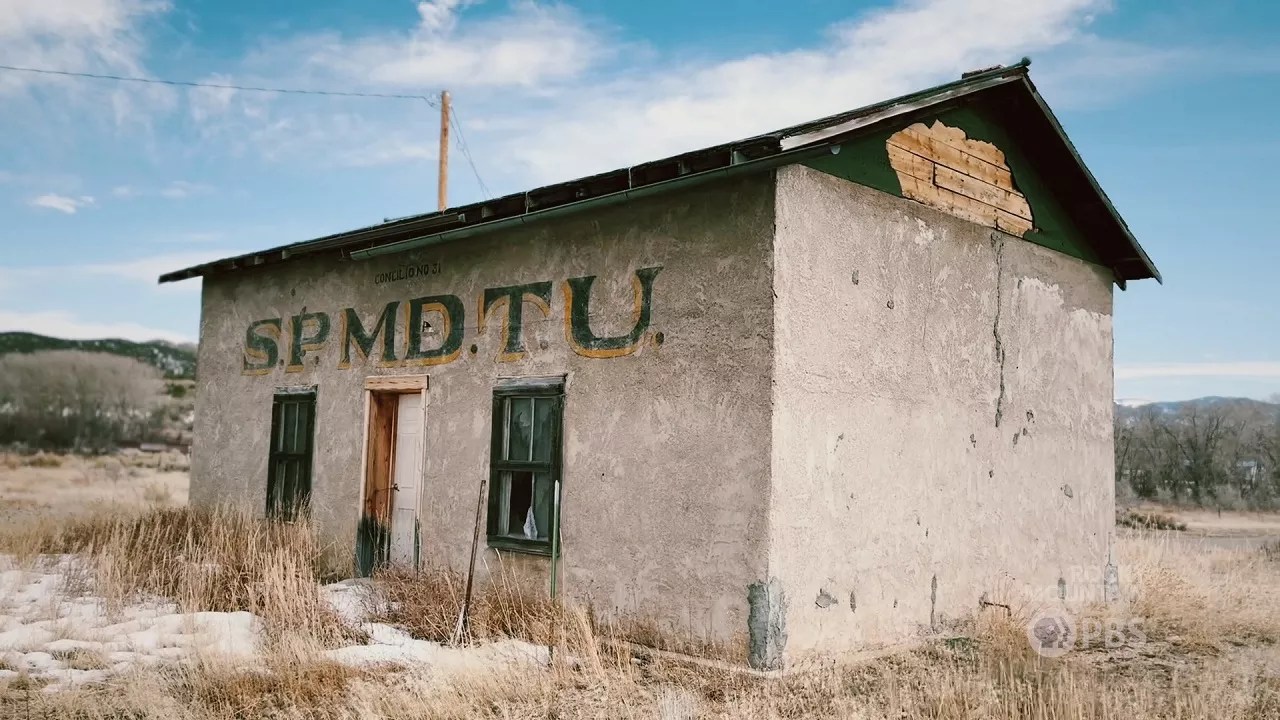
James Nelson

Audio By Carbonatix
The XicanIndie Film Fest turns 25 this week, celebrating a quarter-century of presenting artistry and experiences from the local and international Latino community. Held at Su Teatro Cultural and Performing Arts Center in the Santa Fe Arts District, the four-day festival, which begins Thursday, April 13, will present a wide variety of features and shorts, with entries coming from areas throughout the U.S. as well as Mexico, Brazil and Argentina. Each day will include filmmakers in person for post-film conversations along with receptions and parties. Most important, Xicanindie possesses the essential element of any great festival: films that you can’t find anywhere else.
“Xican” comes from “Chicano,” but references the Indigenous ancestry of people from that group. “It’s inspired by the Mestizo culture, which comes from a mix of Spanish and Indigenous descent, which is why why we use the ‘X’ in it,” explains festival coordinator Marialuisa Meza-Burgos. “In Mestizo culture, a lot of words with ‘x’ are pronounced as ‘ch.'”
Meza-Burgos assisted former festival director Daniel Salazar for several years before taking on the primary leadership role this year following his retirement. Her position involves doing a bit of everything, including most of the programming. With the anniversary happening, she’ll be focusing on significant festival alumni.
“I wanted to highlight and honor the filmmakers who have made an impact on XicanIndie,” she explains. “So we’re bringing back some of those who have presented films in the past, Daniel Salazar being one of them. We also have Fanny Grande, who started her career at Su Teatro and is now a successful filmmaker who does all these workshops on crowdfunding, showing My Daca Life.”
Grande will host one of her workshops before her film screens on Saturday. Notables from years past include “Alan Dominguez, who’s a local filmmaker,” says Meza-Burgos. “He is doing a film called The Ground I Stand On with [slam poetry champion] Alejandro Jimenez.” Dominguez has another film in the festival, The Night Shift; both films are collaborations with Raul Paz Pastrana. The filmmakers, as well as poet Jimenez, will be in attendance.
XicanIndie was originally the Chicano Independent Filmmakers Festival, founded by Angela Manzanares in 1998; she bequeathed the fest to Salazar two years later. Manzanares had spent a decade writing, directing and acting in Su Teatro productions, and felt that the city needed more representation for local and Chicano filmmakers. Su Teatro is the third-oldest Chicano theater in the country and remains the home of the festival, which in the ’90s was in the Elyria School building in northeast Denver.
Salazar was an ideal candidate, a Denver documentarian and visual artist who had already been telling stories from the Latino community for twenty years. One of those stories, 1981’s La Tierra: Last Stand in Costilla County, was the first nationally distributed documentary about the San Luis Valley land-rights struggle. La Tierra will open the festival on Thursday, paired with another film that covers the same area from a different perspective: The Handshake, which documents the oldest Hispanic mutual-aid society in the U.S., La Sociedad Protección Mutua de Trabajadores Unidos.
“La Tierra is Daniel Salazar’s take on the land rights over there, and the fights they had to have in terms of those and how to protect their own workers,” says Meza-Burgos. “It’s an older documentary, but it’s strongly connected to the community, just like The Handshake, and we really wanted to highlight southern Colorado on Thursday night.”
Another notable documentary that concentrates on a specific region comes from chef and filmmaker Adán Medrano, who will be in person to present his food-culture film Truly Texas Mexican on Friday, April 14. It explores the connections between tacos, feminism and cultural resistance, and exposes racist power structures that have attempted to erase Indigenous contributions from American dining. There will be a reception with food inspired by Medrano’s cooking.
Truly Texas Mexican Official Trailer from Adan Medrano on Vimeo.
Meza-Burgos is especially proud of programming the growing XicanIndie Chones (shorts) program, which is arranged in six thematic blocks, including Narrative, Social Justice and Noche de Baile y Musica. “There’s a lot of passion for short films,” she says, “and the submissions that we got were really incredible. These shorts are a mix of local filmmakers, but also filmmakers across the country, and we got these really great submissions of dance/music shorts.” One of the standouts from this category is Ghostly Labor: A Dance Film, which chronicles the history of labor in the U.S.-Mexico borderlands through tap dance, Mexican zapateado, son jarocho and other styles.
The festival wraps up on Sunday with one of its biggest draws, veteran character Pepe Serna, who will introduce a documentary on his life and work as a groundbreaking Latino character actor. Pepe Serna: Life Is Art takes a close look at the struggles and triumphs Serna experienced in a career spanning more than fifty years.
For its part, Su Teatro just marked its fiftieth anniversary, and in January paid off its mortgage on the former Denver Civic Center on Santa Fe Drive, where it has been since 2010. “That was a really huge milestone for us,” says Meza-Burgos, “because it means we’re going to be here to stay. As we see communities shifting and changing with gentrification, it’s a statement that we cannot be moved.”
XicanIndie Film Fest, Thursday, April 13, through Sunday, April 16, Su Teatro Cultural and Performing Arts Center, 721 Santa Fe Drive. Get the full schedule, tickets and passes here.